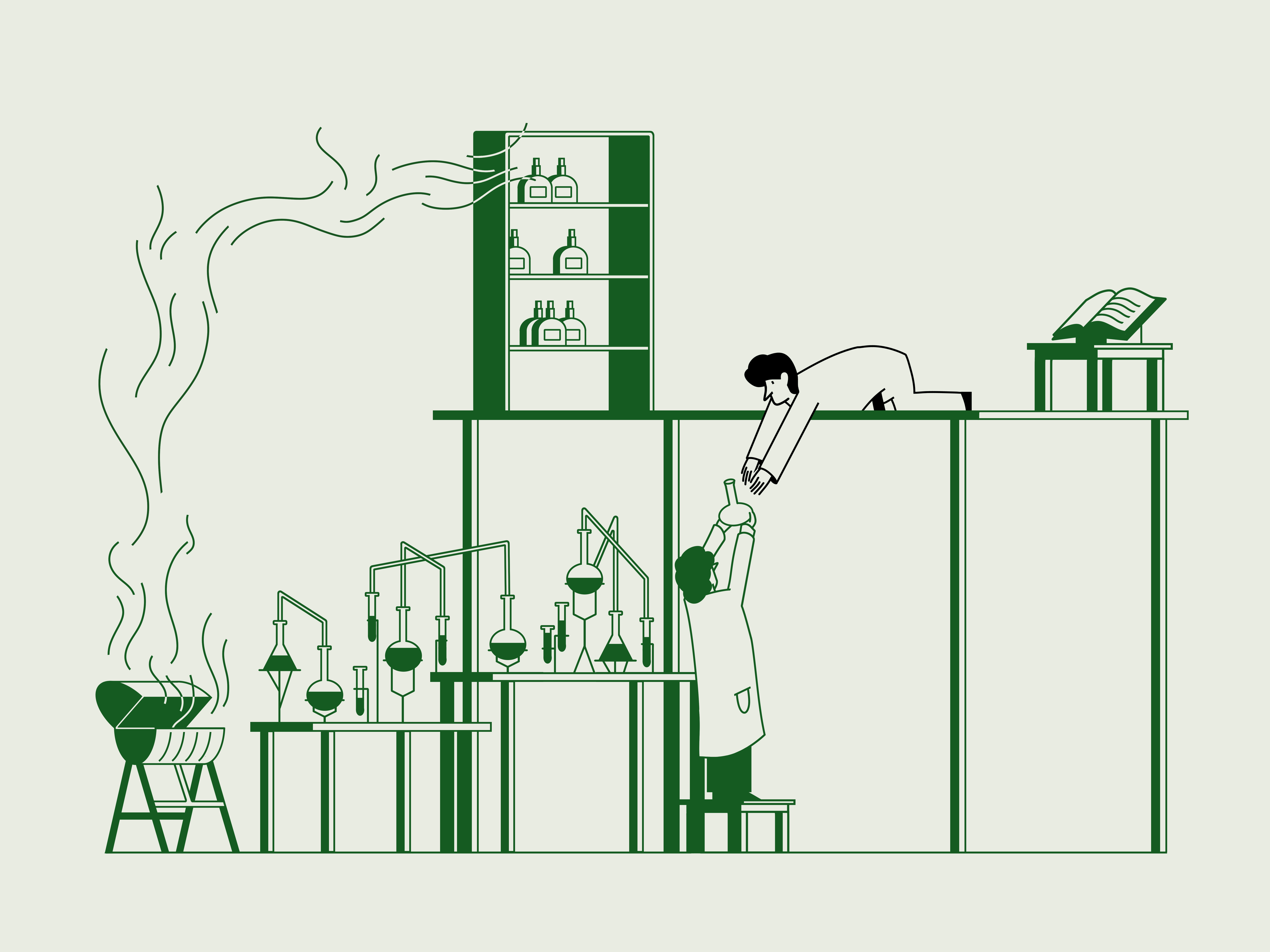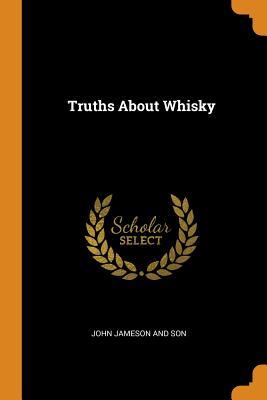‘The whiskey maker’s bible’: Jay Bradley on Truths About Whisky
Written in 1878 by four of Ireland’s leading whiskey producers, ‘Truths About Whisky’ has remained an inspiration for Jay Bradley of The Craft Irish Whiskey Co, writes Christine Manby


“Whiskey is of the shamrock, not the thistle. Yet when people think of Irish whiskey, they’re thinking of something you mix with ginger ale,” laments Jay Bradley, founder of The Craft Irish Whiskey Co. There’s little danger that Bradley’s own triple-distilled, 29-year-old single malt whiskey will face that ignominious fate. The Devil’s Keep is the world’s most expensive Irish whiskey, retailing at a cool €10,000 a bottle. With that price tag, you probably want to lay off on the Canada Dry.
The idea that he would end up making a whiskey that costs more per bottle than a small car must have seemed fanciful when Bradley and his father first talked about setting up their own whiskey company. At the time, Bradley had just returned to Ireland from New Zealand, to spend precious time with Bradley Snr who had been diagnosed with cancer. Having given up a restaurant and a six-bedroom house to make the move, Bradley and his young family had to move in with Bradley’s parents while he planned his next step. At night, when everyone else had gone to bed, Bradley and his father would share a nightcap (whiskey, of course) and brainstorm new business ideas.
It was at about this time that Bradley stumbled upon a book called Truths About Whisky*. Written in 1878 by four of Ireland’s leading distillers of the time – including John Jameson – it was the whiskey maker’s bible. “These men were at the forefront of a whiskey revolution in Ireland. The distillation process was being industrialised and made safer. Distillers were coming to understand how to ensure that poisonous impurities were taken out.”
Finding the book encouraged Bradley to learn more about the history of whiskey. It was invented in the 14th century in Ireland, of course, and when Truths About Whisky was published, Irish, not Scottish, whiskey, led the world. The book extolled The Liberties in Dublin, where Bradley was born, as the epicentre of the global whiskey trade. In the 19th century, Irish whiskey took an 80 per cent share of the global market but by the time Bradley picked up the book, a century and a half later, it had fallen to just 3 per cent. “Irish whiskey was the gold standard, but not now.” Ireland went from exporting 12 million cases a year to 100,000, produced by just four distilleries.
The craftsmanship comes after distillation in how you finish and blend. It’s about the time in barrel, the size of the barrels, the kind of oak
What happened? Bradley explains that the Irish whiskey industry faced a series of challenges in the 20th century that led to its demise, including two world wars and the creation of the Irish Free State. Independence from the United Kingdom meant that Irish distillers lost the right to export to the British empire, a significant market for spirits.
The tide began to change only relatively recently but that change has been rapid. “In 2013, there were only five distillers, now there are 32. And an Irish whiskey was named the world’s best single malt in 2019,” says Bradley.
There was an obvious gap in the market for a luxury Irish brand. Bradley’s father agreed, “We masterminded the two companies that I have today – The Craft Irish Whiskey Company (craftirishwhiskey.com/the-devils-keep) and Whiskey And Wealth Club – over a glass of whiskey at night.”
Bradley already knew something of how to blend flavours. His family had owned a chain of butchers’ shops and his grandfather was a master spice blender, who passed his knowledge down the family. Bradley’s own restaurant/bar in New Zealand had a smokehouse, with a barbecue team that competed all over the world. That experience came in very useful as Bradley made the transition from being a restaurateur who sold whiskey to blending his own. “When you’re smoking meat, you must understand wood. You have to understand its qualities and how it affects flavour.”
Wood is very important in whiskey making. The Devil’s Keep is aged in several different types of oak barrel. “The craftsmanship comes after distillation in how you finish and blend. It’s about the time in barrel, the size of the barrels, the kind of oak.”

To begin the process, Bradley uses American oak barrels, previously used for bourbon. After that he uses French oak barrels, used for tawny port. Finally, The Devil’s Keep spends just twelve days in virgin Hungarian oak. The result of this complicated maturation process is a whiskey with hints of smoke, caramel and vanilla.
The whiskey’s name was chosen by Bradley’s wife. The Devil’s Keep, is a distiller’s term. Upon walking into a distillery, the scent of evaporating alcohol on the air is distinctive. Some 2 per cent of the whiskey in the barrels evaporates every year. That’s known as “the Angels’ Share”. What’s left behind is the Devil’s Keep. Together with perfumier Sarah McCartney, Bradley has produced a fragrance called The Angels’ Share which is included in The Devil’s Keep presentation case alongside hand-crafted obsidian whiskey stones and a handful of the malted barley from which the whiskey is made to complete the sensory experience.
Despite its mind-boggling price, three-quarters of the first issue of 333 bottles of The Devil’s Keep is already sold. Bradley plans to issue another 666 bottles next year. He aims for the whiskey to be on more Michelin-starred restaurant menus than any other whiskey in the world.
These days Bradley keeps his precious 1879 copy of Truths About Whisky, a second edition, in a locked glass cabinet due to its fragility but he says that he takes it out at least once a month to remind him of what it is he wants to achieve and why. Not least, is honouring his late father’s memory.
“Dad had so many ideas but he lost on all of them. Except this, his great idea. I know what it’s like to lose everything and I never want to lose again. Fulfilling my father’s dream, his last idea, is the rest of my life. I don’t come from a whiskey dynasty,” he says. “But I do intend to build one.”
* Confused about the whiskey/whisky spelling? Check out the excellent article on the subject by Marcus Parmenter, aka @somewhiskeybloke




Join our commenting forum
Join thought-provoking conversations, follow other Independent readers and see their replies
Comments